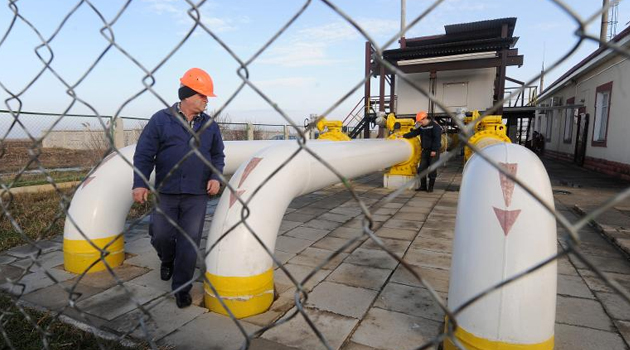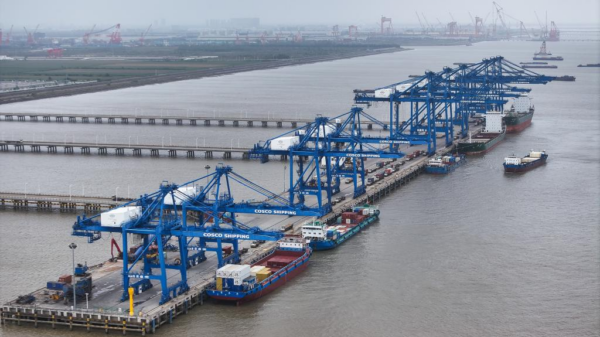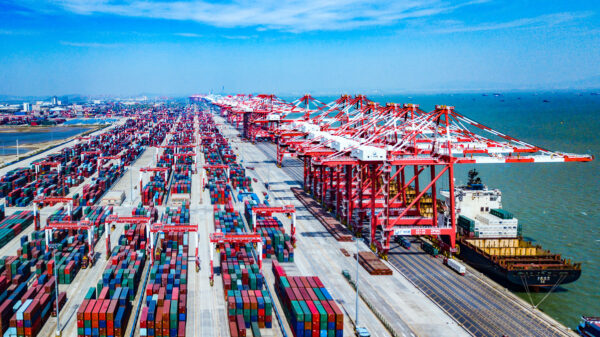
OPEC confounded its doubters and sent crude oil prices soaring by agreeing to its first production cuts in eight years that has seen an immediate impact in prices that gained as much as 10 percent in some parts of the world/FILE
NAIROBI, Kenya, Dec 1 – On Thursday morning the world woke up to a surprising decision by the Organisation of Petroleum Exporting Countries (OPEC) to cut down production.
OPEC confounded its doubters and sent crude oil prices soaring by agreeing to its first production cuts in eight years that has seen an immediate impact in prices that gained as much as 10 percent in some parts of the world.
Tokyo stocks rallied on a weaker yen Thursday morning, while energy giants Inpex and Japan Petroleum soaring more than 10 percent after OPEC hammered out a last-minute deal to cut oil production and boost prices.
READ: Tokyo shares jump by break after OPEC deal, yen falls
How will this decision impact Kenya?
Standard Investment Bank Research Analyst Eric Musau says the move will have minimal impact on Kenya even as the economy has continued to gain from the lower oil prices in the last two years.
Speaking to Capital FM Business, Musau says the surprising decision will not result in a huge impact in oil prices.
He expects the crude oil prices not to go higher than $60 a barrel, citing that OPEC is only a third of the world global supply.
Crude oil prices touched a low of $30 a barrel but the prices rebounded and now are at $52 levels.
“We do not anticipate the a sharp increase in the crude oil prices, a significant shoot of the prices will require collaborations of all suppliers, thus I don’t see a huge impact on the economy,” Musau said.
OPEC has 13 member countries that include Iran, Iraq, Kuwait, Saudi Arabia, Venezuela, Qatar, Libya, United Arab Emirates, Algeria, Nigeria, Ecuador, Gabon and Angola.
Other major top oil producers not in OPEC include Russia, United States of America, Canada and China.
According to ICEA LION Asset Management Chief Executive Einstein Kihanda says the most important thing right now is whether the OPEC countries will be able to coup up with the short term financial implications of the decision.
“The decision will cause severe financial constrains as cutting down supply will only result in smaller output as the prices are not expected to sky rocket, are they able to sacrifice that short term challenge, only time will tell,” Kihanda told Capital FM Business.
According to Kihanda, if oil prices go up – which he sees as long term – Kenya’s importation bill is expected to go up which is bad for the economy as Oil has been the single largest import bill.
“We also need to see this in another perspective; Kenya will soon be an Oil exporting country, we also will benefit from higher prices of crude oil,” Musau reflected.
However for ABC Capital Corporate Finance and Advisory Manager Johnson Nderi, the move isn’t a good development for Kenya coming when companies are struggling.
READ: The economy is growing but where is the money?
“The move will have negative consequences on our production costs and consequently competitiveness,” Nderi lamented.
According to the Energy Regulatory Commission statistics, Kenya saved about Sh47.3 billion in petroleum import bills in the first half of 2016 owing to low global petroleum prices.
Kenya imported Sh92.7 billion worth of fuel and lubricants by June 2016 down from Sh140 billion the same period last year.
Data from the Kenya National Bureau of Statistics indicates that cheaper oil prices brought down overall import bill to Sh689.8 billion during the period under review from Sh901.8 billion same period last year.
OPEC agreed to cut its collective output down to 32.5 million barrels per day (mb/d), a cut of about 1.2 mb/d from October levels.




















